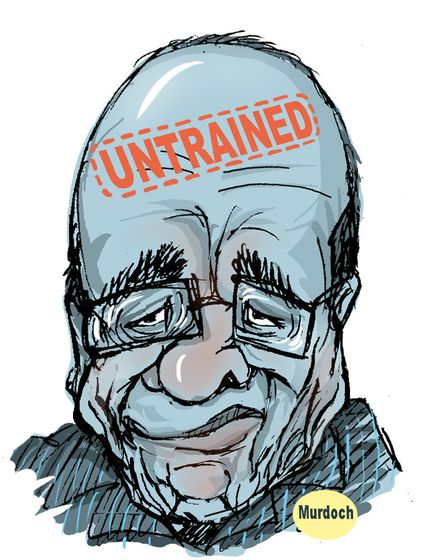
noun
- Railroads. a self-propelled, connected group of rolling stock.
- a line or procession of persons, vehicles, animals, etc., traveling together.
- Military. an aggregation of vehicles, animals, and personnel accompanying an army to carry supplies, baggage, ammunition, etc.
- a series or row of objects or parts.
- Machinery. a connected set of three or more rotating elements, usually gears, through which force is transmitted, or motion or torque changed.
- order, especially proper order: Matters were in good train.
- something that is drawn along; a trailing part.
- an elongated part of a skirt or robe trailing behind on the ground.
- a trail or stream of something from a moving object.
- a line or succession of persons or things following one after the other.
- a body of followers or attendants; retinue.
- a series of proceedings, events, ideas, etc.
- the series of results or circumstances following or proceeding from an event, action, etc.; aftermath: Disease came in the train of war.
- a succession of connected ideas; a course of reasoning: to lose one’s train of thought.
- Astronomy.
- the trace of light created by a meteor falling through the earth’s atmosphere.
- the tail of a comet.
- a line of combustible material, as gunpowder, for leading fire to an explosive charge.
- Physics. a succession of wave fronts, oscillations, or the like.
verb (used with object)
- to develop or form the habits, thoughts, or behavior of (a child or other person) by discipline and instruction: to train an unruly boy.
- to make proficient by instruction and practice, as in some art, profession, or work: to train soldiers.
- to make (a person) fit by proper exercise, diet, practice, etc., as for an athletic performance.
- to discipline and instruct (an animal), as in the performance of tasks or tricks.
- to treat or manipulate so as to bring into some desired form, position, direction, etc.: to train one’s hair to stay down.
- Horticulture. to bring (a plant, branch, etc.) into a particular shape or position, by bending, pruning, or the like.
- to bring to bear on some object; point, aim, or direct, as a firearm, camera, telescope, or eye.
- to entice; allure.
verb (used without object)
- to give the discipline and instruction, drill, practice, etc., designed to impart proficiency or efficiency.
- to undergo discipline and instruction, drill, etc.
- to get oneself into condition for an athletic performance through exercise, diet, practice, etc.
- to travel or go by train: to train to New York.
adjective
- not having been traineduntrained volunteers
verb
- (tr) to guide or teach (to do something), as by subjecting to various exercises or experiencesto train a man to fight
- (tr) to control or guide towards a specific goalto train a plant up a wall
- (intr) to do exercises and prepare for a specific purposethe athlete trained for the Olympics
- (tr) to improve or curb by subjecting to disciplineto train the mind
- (tr) to focus or bring to bear (on something)to train a telescope on the moon
noun
-
- a line of coaches or wagons coupled together and drawn by a railway locomotive
- (as modifier)a train ferry
- a sequence or series, as of events, thoughts, etca train of disasters
- a procession of people, vehicles, etc, travelling together, such as one carrying supplies of ammunition or equipment in support of a military operation
- a series of interacting parts through which motion is transmitteda train of gears
- a fuse or line of gunpowder to an explosive charge, etc
- something drawn along, such as the long back section of a dress that trails along the floor behind the wearer
- a retinue or suite
- proper order or course
n.early 14c., “a drawing out, delay,” later “trailing part of a skirt” (mid-15c.), also “retinue, procession” (mid-15c.), from Old French train (fem. traine), from trainer “to pull, draw,” from Vulgar Latin *traginare, extended from *tragere “to pull,” back-formation from tractus, past participle of Latin trahere “to pull, draw” (see tract (n.1)). Train of thought first attested 1650s. The railroad sense is recorded from 1820 (publication year, dated 1816), from notion of a “train” of wagons or carriages pulled by a mechanical engine. v.“instruct, discipline, teach,” 1540s, probably from earlier sense of “draw out and manipulate in order to bring to a desired form” (late 14c.), specifically of the growth of branches, vines, etc. from mid-15c.; from train (n.). The meaning “to travel by railway” is recorded from 1856. Related: Trained; training. In addition to the idiom beginning with train
also see:
 Liberal Dictionary English Dictionary
Liberal Dictionary English Dictionary